What Makes a Commercial Property Ideal for an Automotive Business Use
29 Jul
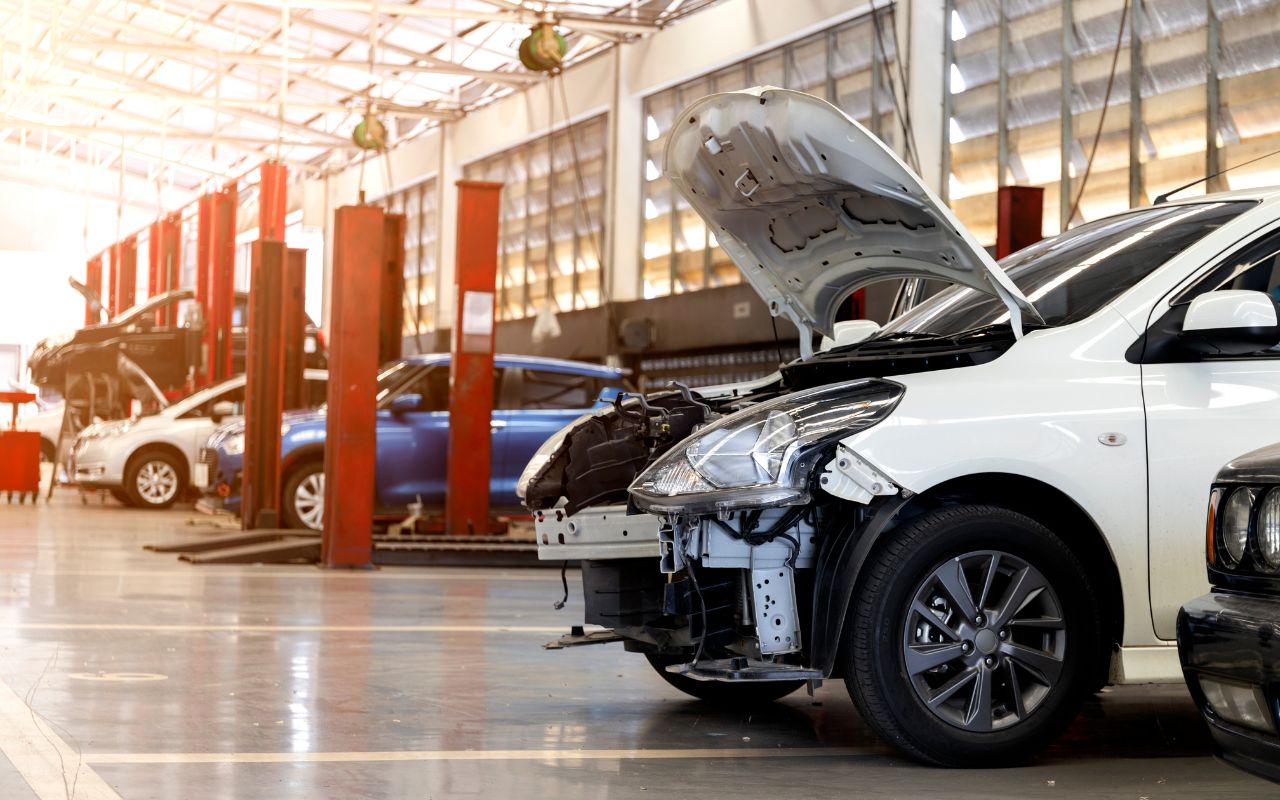
Looking to invest in or open an auto repair shop in Los Angeles? Here’s what you need to know when evaluating the perfect property—whether you’re a real estate investor or an auto repair business owner. This guide breaks down the zoning laws, location benefits, building requirements, and market trends that make a space functional and profitable.
1. Zoning and Permits Matter
Auto repair is only allowed in certain LA zoning areas—typically industrial (M1, M2) or commercial (C2, C4) zones. Avoid properties next to homes or schools, as these require conditional use permits and public hearings. Choose locations that allow vehicle repair by right to save time, money, and legal hurdles.
Zoning also affects noise, hours of operation, and environmental responsibilities, so check local ordinances carefully before purchasing.
2. Location, Access, and Visibility
Choose a property near major streets or freeway exits for easy access and visibility. Locations on high-traffic corridors like Santa Monica Blvd, Pico Blvd, or near the 101/405 Freeways offer better exposure to passing motorists.
Corner lots with multiple entrances are especially valuable for signage and traffic flow. Avoid alleys or sites that lack visibility from the street.
3. Lot Size and Parking
A good auto shop needs enough space for bays, customer parking, and vehicle storage:
Minimum 1,500–3,000 sq ft building for 2–4 bays
10–12 parking spaces for customer and service vehicles
Ceiling heights of 12–15+ feet to accommodate lifts
Wide driveways and easy in/out traffic flow
Extra yard space is a bonus for future expansion, storage, or detailing services
4. Building Features
Look for properties with:
Roll-up garage doors
Good ventilation and ducting
Oil-water separators
Enclosed work areas for compliance
Modern features like sealed floors, energy-efficient lighting, and office/reception areas can also enhance customer experience and long-term usability.
Avoid old buildings with low ceilings, poor drainage, or outdated infrastructure that may require expensive retrofits.
5. Environmental Compliance
LA enforces strict rules for auto shops. The ideal property should:
Prevent leaks/spills from reaching storm drains
Include proper drainage to sewer, not open ground
Have paint booths or ventilation systems if doing bodywork
Compliance protects both the business and the surrounding community. Failing inspections can result in costly delays or penalties.
6. Local Market Trends
Auto repair shops thrive in industrial neighborhoods like City of Industry, Vernon, and parts of the San Fernando Valley. These areas offer flexible zoning and less residential opposition.
However, be cautious with gentrifying neighborhoods like West Adams, Echo Park, or Downtown LA, where zoning and tenant preferences are shifting quickly.
Final Tips: What to Look For
-
Zoned for auto use (M1, M2, C2)
-
High ceilings and good ventilation
-
On-site parking and smooth traffic flow
-
Visibility and signage potential
-
Built-in compliance features
Before committing, consult with a commercial broker who understands LA’s zoning code and environmental requirements.
🚗 Ready to Find the Perfect Auto Repair Property?
Whether you’re planning to buy or lease, we can help you find a location that fits your business goals and zoning needs in Los Angeles.
👉 Schedule a Free Consultation
Let’s talk about your ideal property, budget, and timeline—no pressure, just expert guidance.
📩 email us at trizzardi@naicapital.com
Follow Us:
Resources:
Typical LA auto repair properties with zoning-appropriate exteriors and functional interiors.
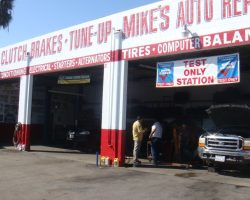
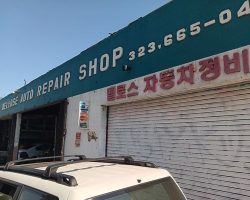
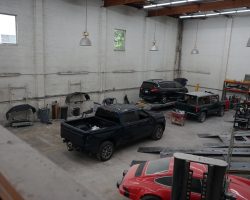
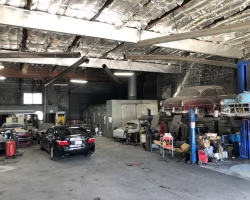
Should You Buy or Lease a Property for Your Auto Repair Shop?
If you’re wondering whether to buy or rent a property for your shop, this video breaks it down with real-world examples and financial tips. It’s a must-watch for shop owners and investors who want to build long-term wealth.
Other Related Topics
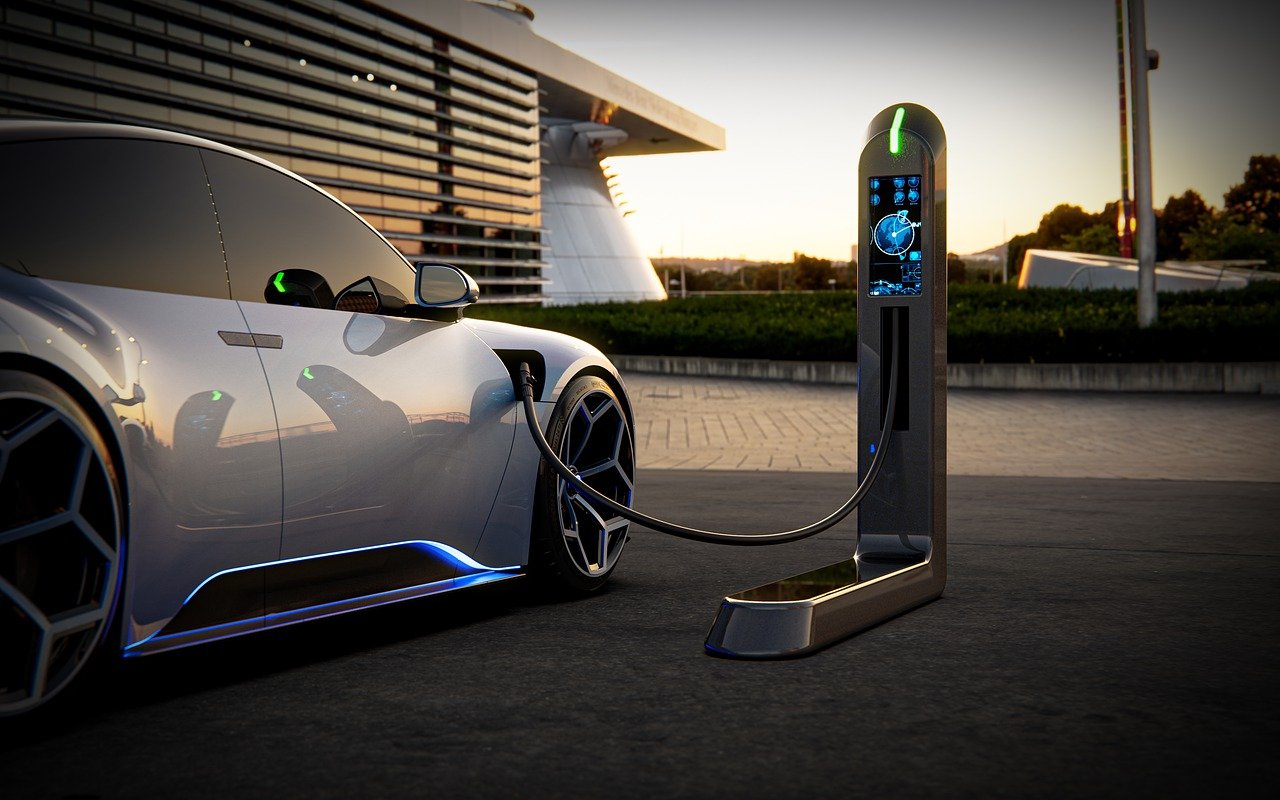
The Impact of E-Vehicles on Auto-Repair Commercial Real Estate
EVs are transforming auto repair real estate, increasing demand for specialized facilities, tools, and EV infrastructure.
Read MoreRecent Comments
Categories
Categories
Sign Up for Market Reports, For Sale, and Sold Reports.
Contact
Company
Location
15821 Ventura Blvd. Suite 320 Encino, CA 91436